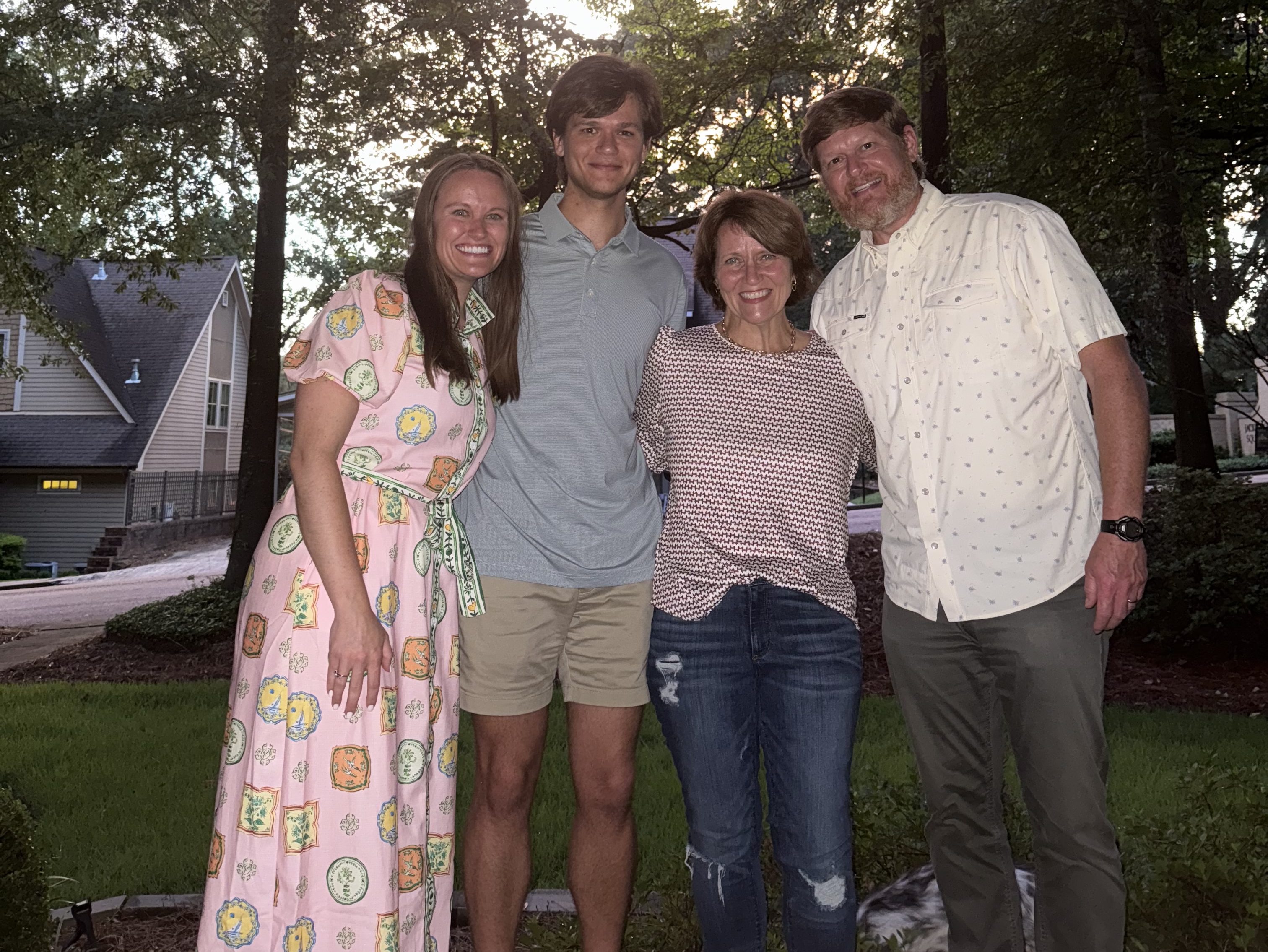Our view: Treatment is key
Published 12:49 pm Wednesday, November 8, 2023
It’s encouraging to see the groundswell in support of bolstering the treatment available to people with substance abuse disorder in our effort to work our way out of our national addiction crisis.
Current research indicates that as many as four in 10 of us know someone who has died from an overdose.
Across the political spectrum, 83% of us are in favor of increasing federal spending on substance abuse disorder treatment by $10 billion. That number is important because it’s what it would take, according to experts, to get everyone who needs help adequate treatment.
Improved funding for treatment in prison is approved by 71% of Republicans and 86% of Democrats, one poll found. And giving law enforcement the training they have been asking for on diverting non-violent offenders with substance abuse disorders to treatment rather than the penal system is pretty popular, too.
It’s undeniably a good thing that we’ve gotten to this point. It’s simultaneously heart-wrenching that it has taken so many people suffering so much to reach this point.
According to the Centers for Disease Control and Prevention, there were 106,699 drug overdose deaths in the United States in 2021 (32.4 deaths per 100,000 standard population), a 16% increase from 2020.
Approximately 75% of drug overdose deaths in 2021 involved at least one opioid; 66% of deaths involved synthetic opioids (for example, illicitly manufactured fentanyl). Drug overdose deaths involving synthetic opioids increased 25%, deaths involving psychostimulants (such as methamphetamine) increased 37% and deaths involving cocaine increased 26% from 2020 to 2021. Although deaths increased overall and in all drug categories except heroin, the increases from 2020 to 2021 were generally lower than those from 2019 to 2020, suggesting a slowing of the increase in overdose deaths.
In Mississippi, there were 787 overdose deaths in 2021, which is about 28.4 deaths per 100,000 people. According to the Mississippi Department of Health, overdose deaths are highest among Black men under the age of 35. The state has also seen a dramatic increase in overdose deaths involving the use of the synthetic opioid fentanyl.
Mississippians who are or know someone who is at an increased risk of opioid overdose can receive a free naloxone kit through MSDH. Naloxone, which is also known as Narcan or Kloxxado, can reverse the effects of an opioid overdose and block the effects of the drugs. Administering Naloxone to someone overdosing on drugs other than opioids will not harm them and is recommended whenever opioids may be a contributing factor.
The medication is also available without a prescription and can be requested at your local pharmacy.
As overdose deaths impact communities large and small, state legislators took action earlier this year to decriminalize possession of fentanyl test strips used to detect the potent drug. The strips had previously been classified as drug paraphernalia, possession of which is a felony offense. Allowing the strips to be safely and legally owned was lauded as a step in the right direction to combating the opioid epidemic in Mississippi.
As law enforcement, both local and national, have been saying, you can’t arrest your way out of a substance abuse problem. Treatment is key.
CNHI News Service contributed to this editorial.





